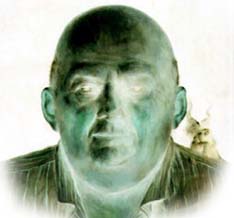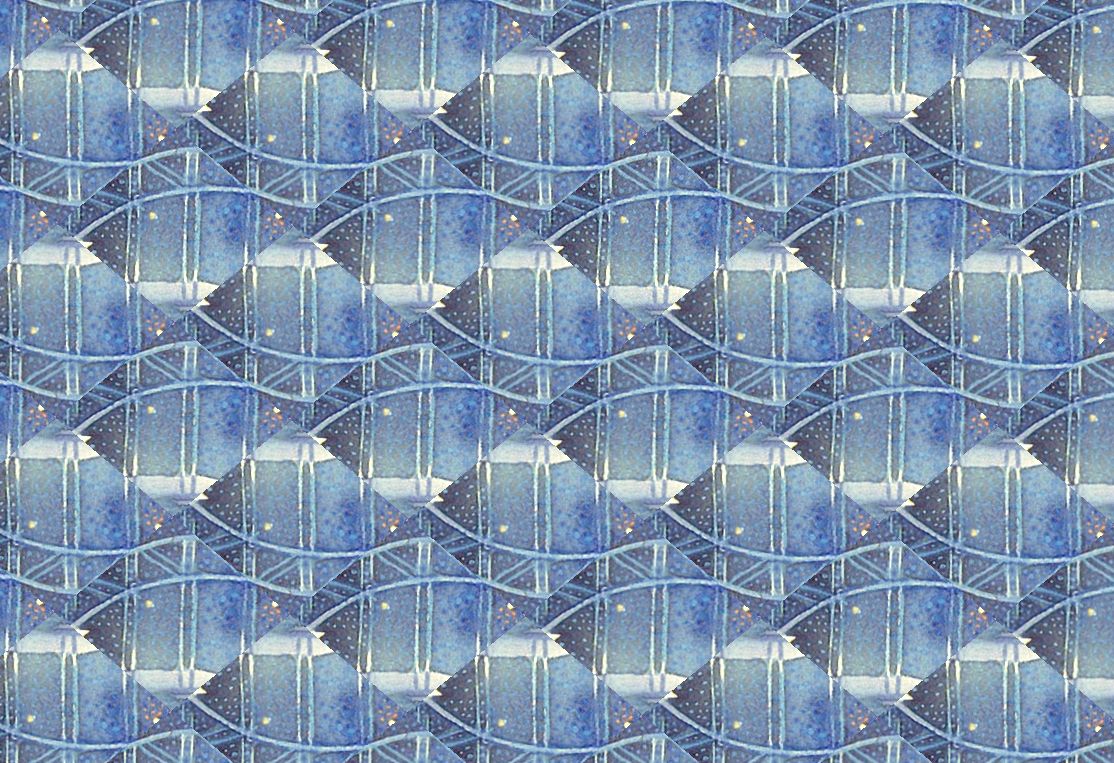
L. J. Hume
(1926 - 1993)
The late L J Hume was a versatile researcher, scholar and teacher in history, economics and politics, with an international reputation for his work on the thought of Jeremy Bentham. His essay on the myth of the cultural cringe in Australia was first published in the Political Theory Newsletter in
1991 and reprinted as a pamphlet by The Centre For Independent Studies.
The link to his essay, Another Look at the Cutural Cringe, is below.
With the essay is a Foreword by Rafe Champion and a biographical note on the author.
Karl Buhler was Karl Popper's most important teacher, with all that implies for the trajectory of subsequent philosophical thought. With Charlotte he conducted pioneering studies of child development, anticipating the kind of work that subsequently made Piaget a household word. As if that was not enough he was a pivotal figure in the field of language studies where he was a vital influence on others who are nowadays much better known such as Roman Jakobson.
essays . criticism . poetry . profiles . reviews . ideas
(1903 - 1995)
Wellek was probably the most learned and judicious student of literature in the twentieth century. He achieved mastery in a wide range of the special areas of literary studies, backed up by reading in several languages and his bold, clear writing.
He has suffered from neglect and misrepresentation in recent times, as a modern generation of literary scholars boast that they have achieved unprecedented philosophical sophistication. This claim does not survive a critical confrontation with Wellek's prodigious achievement.
The quality of Wellek's work stands as a perpetual reproach to the slipshod, the trendoid, the trivial and the
ephemeral.
Les Murray - Poet
athouse

Copyright of articles rests with the individual author.
Site designed by Kilmeny Niland
Most images on this page - KNiland
iterature, psychology and culture are the topics of this edition of the Revivalist.
The literary figure is Rene Wellek, probably the most learned and productive student of literature in the twentieth century.
The psychologists are the husband and wife team of Karl and Charlotte Buhler. Karl Buhler was Popper's most important teacher. With Charlotte, he conducted pioneering studies of child development and was a pivotal figure in the modern development of language studies.
I first came across Len Hume's paper at a time when it was apparent that the friends of freedom had to address cultural issues, beyond economics and philosophy, to challenge their ideological opponents in the soft social sciences, the media and the institutions of culture at large.

Les Murray, "the bard from Bunyah" is generally regarded as Australia's unofficial poet laureate. He draws has inspiration from many and varied sources; his Scottish ancestry, the world of small holdings and timbergetters where he grew up on the North Coast of New South Wales, the literatures of several languages, the lore of the original inhabitants of the continent, the underworld of social isolation and depression, the love of a good woman, the Catholic faith.
This essay, written for a speech in Rotterdam in 1998, illustrates his power and vision. He has mined the bedrock of human experience for lodes of spiritual wisdom to reconcile the artificial divisions and dichotomies that torment and divide us, both in our own souls and in our relations with others.
L. J. Hume
The leading Australian historian Geoffrey Blainey coined the term "black armband" history to describe the genre of works that focus unremittingly on "bad news" in our past. In a similar vein the "back armband" historians and social commentators are inclined to talk about the Australian "cultural cringe" to depict an attitude of subservience to Britain. This attidude was supposed to be widespread, maybe even universal, until a new generation of courageous and independent thinkers appeared, round about 1970.
The late Len Hume wrote a rejoinder to the cringe theorists and I am delighted to publish this essay with the kind permission of his literary executor.
I am not aware of any rejoinder to Hume's devastating criticism, though I will be pleased to put well argued replies on line if they are provided in electronic form.
ESSAY
the.
L
Spring 2004

